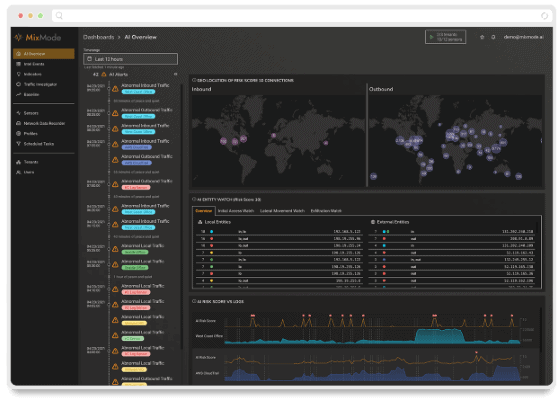Silicon Valley Has Let Its Cybersecurity Guard Down
According to an article by Brian O’Keefe for Fortune Magazine, Silicon Valley isn’t paying enough attention when it comes to threats posed by state-sponsored hackers.
At least, that was the conclusion a group of cybersecurity experts came to in a discussion at the Fortune Brainstorm Tech conference in Aspen, Colo., on Tuesday.
“I think people in the Valley are naïve to the foreign nation-state threat,” said Tim Junio, the co-founder and CEO of Expanse. “It’s incredibly rare—and late in the game—for companies to think about the fact that foreign actors are going to recruit people to penetrate their networks.”
Although most of the large enterprises are painfully aware of the threat for foreign actors, many startups are much less likely to see themselves as potential targets of state sponsored activity.
It’s just as important for these smaller companies to protect their data and resources. Experts are predicting we will begin to see many more attacks on varying company sizes in the coming years. Read more
Capgemini Research Institute Publishes Report Showing Necessity of AI in Cyber
This week the Capgemini Research Institute published their “Reinventing Cybersecurity with Artificial Intelligence” Report packed with insights from over 850 senior Information Security, Cybersecurity, and IT Operations executives, on the benefits, complexities, and levels of AI implementation happening in cybersecurity initiatives across industries.
Here are some statistics from the report (plus, get our key takeaways in our article, AI-Enabled Cybersecurity Is Necessary for Defense: Capgemini Report):
- 61% of enterprises say they cannot detect breach attempts today without the use of AI technologies.
- 48% say their budgets for AI in cybersecurity will increase by an average of 29% in Fiscal Year (FY) 2020.
- 73% of enterprises are testing use cases for AI for cybersecurity across their organizations today with network security leading all categories.
- 51% of executives are making extensive AI for cyber threat detection, outpacing prediction, and response by a wide margin.
- 64% say that AI lowers the cost to detect and respond to breaches and reduces the overall time taken to detect threats and breaches up to 12%.
- Fraud detection, malware detection, intrusion detection, scoring risk in a network, and user/machine behavioral analysis are the five highest AI use cases for improving cybersecurity.
- 56% of senior execs say their cybersecurity analysts are overwhelmed and close to a quarter (23%) are not able to successfully investigate all identified incidents.
In order to not become one of the 20% of organizations that reported a loss of more than $50 million as a result of a cybersecurity breach, AI and machine learning have become necessary to modern security program defenses. Read more
Navy holds AI and cybersecurity contest with $150,000 in cash prizes
The Navy has put out a call for defense contractors, researchers, students or tech-savvy private citizens to present their cybersecurity solutions for a chance to win $100,000 or $50,000 for first and second place respectively.
The contest is sponsored by Naval Information Warfare Systems Command (NAVWAR) and Program Executive Office for Command, Control, Communications, Computers and Intelligence (PEO C4I).
The military chose to approach cybersecurity concerns with a contest to lower barriers for the private industry to be able to work with them. Contracting requires extensive knowledge on the process, but with a contest, more people can participate than just the defense industrial base.
“We are approaching innovation with disciplined urgency,” NAVWAR Commander Rear Adm. Christian Becker said. “This prize challenge presents a unique opportunity to cast a wider net to get the best technology to the fleet faster.”
The period for submission is open through Sept. 30 and winners will be announced in December. Entrants need to submit both an endpoint security solution and white paper. Read more
By Ana Mezic, Marketing Coordinator at MixMode

